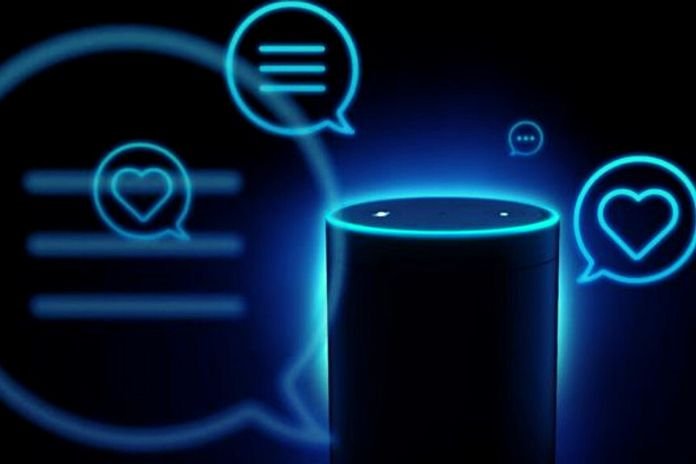Alexa: 4 Trends That Artificial Intelligence Reinforces
That Amazon’s Artificial Intelligence reinforces has been very successful; you may already know this. We are the country in the world to receive Alexa, with technology that strengthens trends for an even smarter future for AIs and virtual assistants across the globe.
If we already had fun with Apple’s Siri, we feel at home with Alexa. That’s because, in addition to making life easier for consumers, Amazon invested in developing their skills and adapted the assistant language with elements of Brazilian pop culture. Successful recipe in BR, isn’t it? Check out five trends we learned from Alexa now.
Voice commands personal assistant that makes your day-to-day easier with the voice command feature. After connecting the device to the internet, say it, and Alexa responds. Without needing training, anyone can carry out their activities on the internet without learning to use a smartphone or notebook, for example—a way to democratize the use of technology.
Children, the elderly, and adults can easily communicate to order food, discover the movies playing, and access music apps like Spotify. It is also possible to turn off lamps, change light color in an environment or activate surveillance cameras. In Brazil, there are more than 280 products compatible with Alexa.
Internet Of Things
This technology revolution concept is all about the home personal assistant. More and more appliances, locks, and other objects are becoming connected to the internet and the devices we use in everyday life, such as computers and smartphones. The idea that the physical and digital worlds are increasingly integrated makes Alexa successful. After all, it communicates with other devices through human command and behaves intelligently.
Smart Objects
With real-time assistance, we can save time and get more right. Even reading manuals, we can’t always understand how to do certain things. Technological advances formed a network of people and communities. They made us reach the “internet of things” phase, where the web starts to interconnect various types of objects and intelligent devices that connect to the human being, making our day-to-day more practical and fulfilling our desires.
We can now automate our entire home and control its functions through Alexa; objects with sensors react to our presence, and smart things even influence our daily lives on the street, with information about traffic, weather, and health, among others.
Online Privacy
The internet is present in everything. With this, we need to take some security precautions to avoid invasions, attacks, and spam. Who can have access to all this data available to you online? Collecting data on everyone is a constant concern and reminds us of George Orwell’s book 1984. Will the future hold continuous surveillance of our steps, or will the concept of privacy be seen differently?
Amazon claims it designs Alexa with multiple layers of privacy protection. From microphone and camera control to the ability to view and delete your voice recordings, transparency, and control over your experience. Everything is stored in the cloud, and all your interactions are encrypted.
Understanding A Little About Algorithms
As a result, many companies have been adept at identifying marketing strategies and good opportunities to boost their brands and avoiding taking risks in possible mistakes. All this can be done through the famous “algorithms,” which are created from the processing of input data, where they are analyzed to generate answers (or results). At the end of the process, the system makes its own rules or questions.
This large volume of data is analyzed through the support of Machine Learning technologies. But it takes initial training of a machine learning application or software to learn on its own in real-time, with the data showing greater accuracy in the results over time.
Artificial Intelligence And Machine Learning
Both humans and machines, the more they perform a task, the more skilled they become at it. This is a result of the ability to learn. The difference between Machine Learning and the concept of Artificial Intelligence is that the latter is a system that can modify its behavior on its own, based on its own experience. Human interference is minimal in this case. In the case of AI, it is a broad concept that includes Machine Learning as one of its features.
Machine Learning In Practice
Its use in various applications only grows even more due to the need that our future demands. Interesting examples are the improvement in the fight against fraud in payment systems, autonomous databases, in-text translations that take into counts contexts, regional expressions, and other parameters, and even on streaming platforms, we can find Machine Learning.
Also Read: Why Use Artificial Intelligence Applied To Your Business?
Share this content:











Post Comment